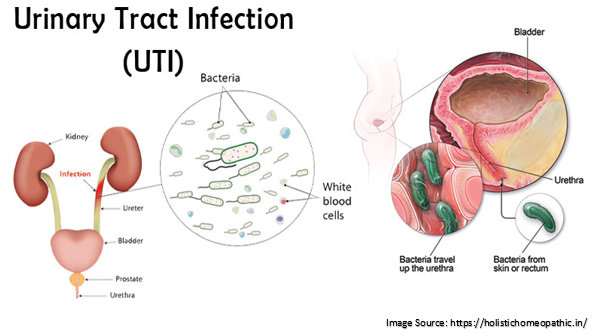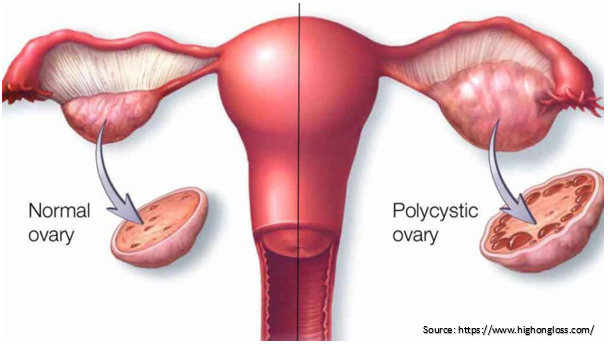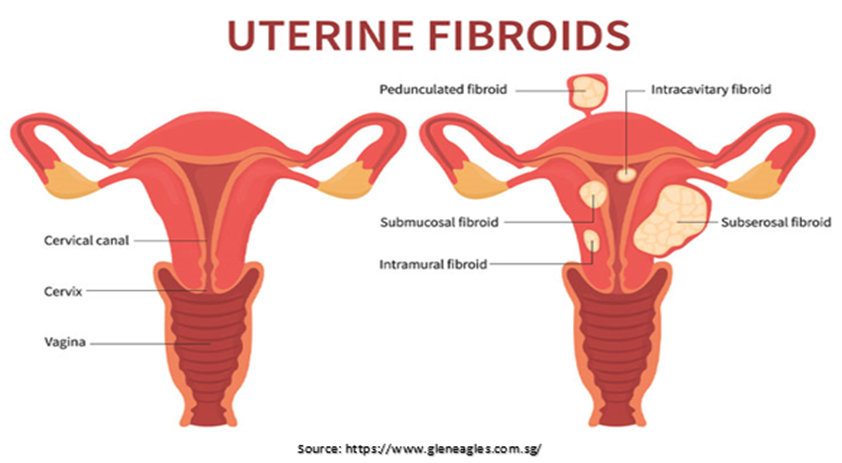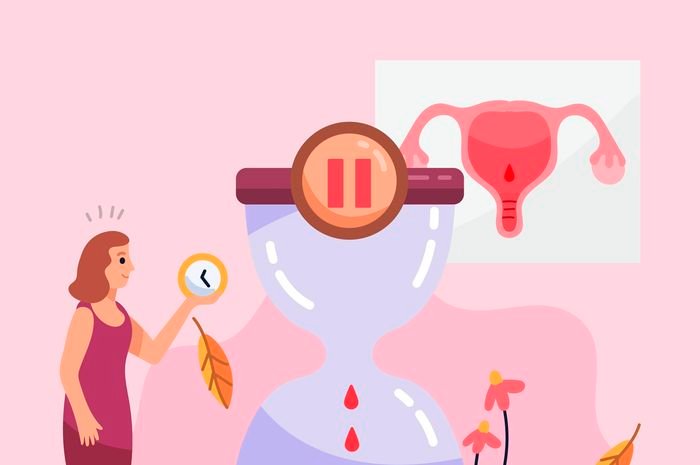- Has being tired lately become a constant source of anxiety?
- Sleepless nights due to pelvic pain?
- Does having a heavy period affect your daily life?
- Are your problems being made worse by mood swings?
Be careful; you might be developing gynecological disorders.
Although medical professionals claim it is difficult to list the most prevalent problems women generally experience, we can always mention some well-recognized conditions that usually affect our ability to go about our daily lives. After the start of the menstrual cycle, many disorders can affect women due to numerous hormonal changes.
According to Dr. Shweta Shah, one of the best gynaecologist in Malad, Mumbai, we can prevent several gynecological issues by making small lifestyle changes like modifying our eating habits.
So, let’s know about some of the common gynecological conditions and their supported treatments:
1. Urinary tract infections (UTIs):
It is more common in women than men. You might experience increased frequency of urination, blood in the urine, or pain or a burning sensation while passing urine.

You need to see a doctor who can treat you with antibiotics, so you don’t ignore any of these symptoms. Additionally, you should avoid self-medication because it could lead to a complicated infection.
2. Polycystic Ovary Syndrome (PCOS):
Polycystic Ovary Syndrome is another common disorder brought on by an inactive lifestyle and poor eating practices. Cysts that develop around the ovaries disrupt the menstrual cycle, promote obesity, and raise the risk of cardiovascular disease.
You must see a seasoned gynecologist in Malad if you have PCOS so they can help you manage the symptoms and risk factors. Dr. Shweta Shah offers the best PCOD and PCOS treatment in Mumbai.

You should also consult a dietitian, as they can design a personalized meal plan for you. There is no long-term treatment for PCOS; the only way to overcome it is with the proper diet and exercise.
3. Infertility:
If you have been trying to conceive for a year and are still unsuccessful, you need to schedule a consultation with a proficient gynecologist and obstetrician in Malad.
You might need surgery if you have fibroids or blocked fallopian tubes, which can only be treated surgically. Diagnostic laparoscopy and hysteroscopy would be necessary for additional evaluation and treatment if the initial course of action is ineffective.
4. Fibroids:
It is a common condition in women that causes non-cancerous tumors to grow and heavy menstruation. In addition to a constant backache and frequent urination, the menstrual cycle is prolonged.

It can be diagnosed using an ultrasound, MRI, or CT scan. You might need to have these tumors surgically removed if necessary. Nowadays, medical treatment is also an option for smaller fibroids.
5. Menopause:
It is a stage that weakens a woman. There may be worrying concerns that need to be addressed; suitable non-hormonal substitutes are available. Your gynecologist can advise you on them and help you improve your condition to ensure smooth menopause. They can prescribe hormonal therapies to treat menopause-related anxieties that interfere with your daily activities.

6. Abnormal bleeding:
It can also be a symptom of uncommon ovarian pathology and uterine cancer, which necessitate immediate medical attention.
The needs of her family are always central to a woman’s life. She looks after her loved ones very well but neglects herself. Many women lose their holistic well-being, which can never be recovered if neglected.
We present the top 5 signs and symptoms that women should never ignore:
1. Dark-colored urine:
You should never ignore the color of your urine. It typically indicates the health of the kidneys and bladder. To keep your urine’s color normal, you must consume adequate liquid. You need to see a gynaecologist if the urine color doesn’t change.
2. Excessive or minor menstrual bleeding:
Your gynecological health is indicated by how your menstrual cycle flows. You must immediately see a gynecologist if you are bleeding excessively or very lightly.
3. Unusual spotting:
Never ignore bleeding between menstrual cycles. There is a chance that there may be an internal injury that requires attention.
4. Breast discharge:
If you notice breast discharge but are not pregnant or nursing, you must have your hormone levels checked right away by a gynecologist in Malad.
Ladies, take your health seriously.
Contrary to a man’s body, a woman’s body experiences various hormonal changes, including the start of periods, pregnancy and lactation, and menopause. Therefore, you must strive to improve your quality of life; to do so; you must weigh the risks against the benefits and work to prevent illness by diagnosing and treating disorders as soon as they arise.
Patients who come to Dr. Shweta Shah, a renowned gynecologist and obstetrician in Malad, with health concerns receive excellent care. She can diagnose, treat, and perform surgeries when necessary for gynecological disorders.

